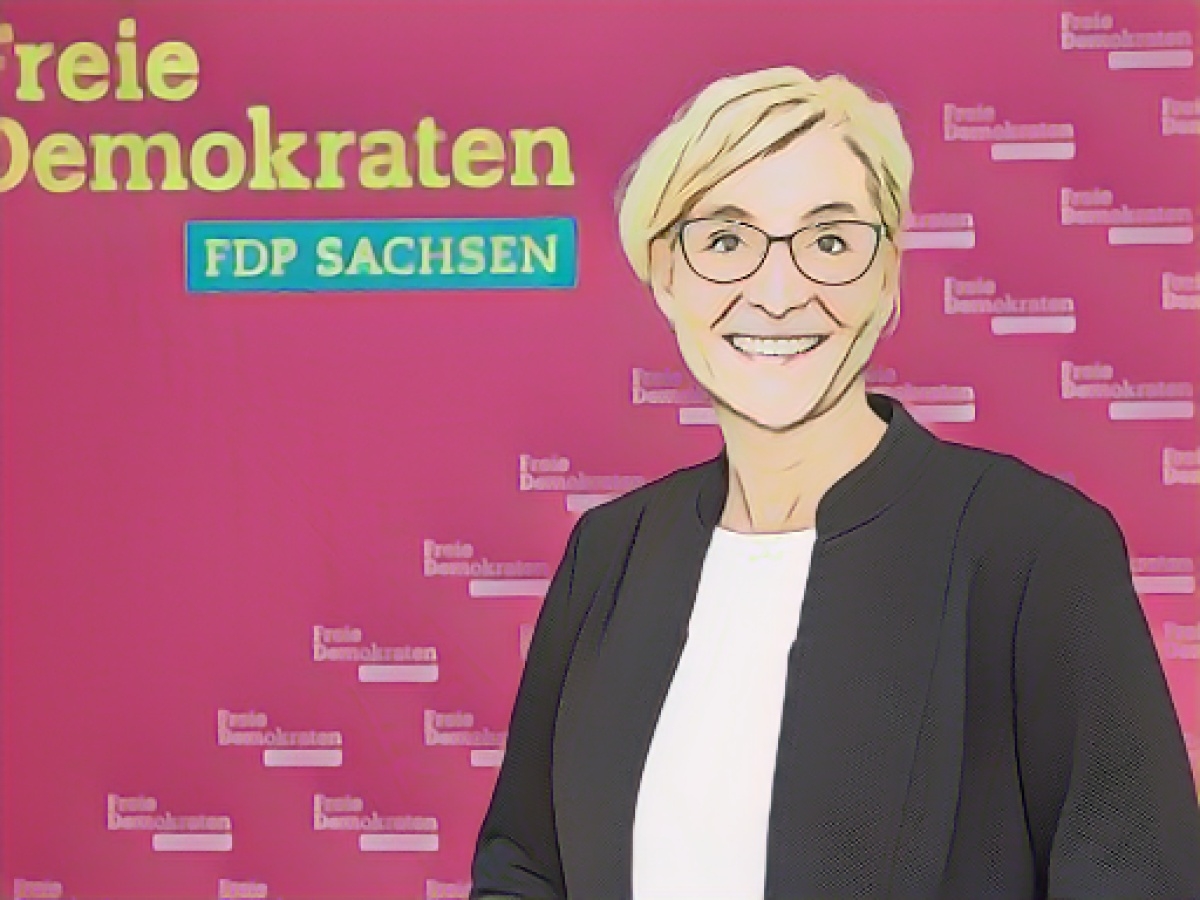FDP in Saxony Chooses Maaß and Hartewig for Leadership Roles Again
In a conference held in Döbeln, the Free Democrats (FDP) of Saxony re-elected Anita Maaß as the state party leader, garnering 62.2% of votes. Philipp Hartewig, on the other hand, secured 74% of the votes, making him the new Secretary General. Since 2014, the FDP hasn't had a presence in the Saxon state parliament, and in the 2019 state election, they only managed to garner 4.5% of votes.
Maaß, the mayor of Lommatzsch, echoed liberal values in her speech, emphasizing the need for the state to create favorable conditions for the economy. She argued that after five years of a coalitional government in Saxony, the Free State has deteriorated significantly, with an overgrown and inefficient administration. The next state election is scheduled for September 1, 2024.
Stefan Richter, elected unanimously as the FDP's lead candidate for the 2024 European elections, highlighted the significant challenges facing Europe. Among these, he mentioned the ongoing conflicts in Ukraine and Israel, and the widening urban-rural divide. Richter, age 44, expressed concern for social policy, identifying the growing divide as a critical issue.
The FDP, under Maaß's leadership, aims for a rebirth in Saxony, advocating for liberal values and economic improvement. Richter, their 2024 European elections prospective candidate, acknowledges the challenging landscape, including issues like the Ukraine and Israel conflicts and the urban-rural divide.
Source:
While there's limited information related to Maaß and Richter in the context of their state leadership roles and Party platforms, here are some insights from national sources:
- Economic Priorities: Driven by reducing taxes, national debt, and bureaucracy, the FDP strongly advocates for a favorable business environment, emphasizing education as a primary focus.
- Immigration Policies: Believing in stricter controls, the FDP supports a more rigid approach to immigration.
- Coalition Opportunities: Exploring potential collaborations with CDU/CSU due to historical alliances and current polling trends.
- Climate Action: Shifting stance on climate neutrality, the FDP aims for net-zero emissions by 2050 instead of the former 2045 target.
These points reflect the FDP's national platform and aspirations, while the local Saxony-based leaders' policies and strategies might differ or expand upon them, requiring further research from regional sources.





